
The Four Types of Hazardous Waste
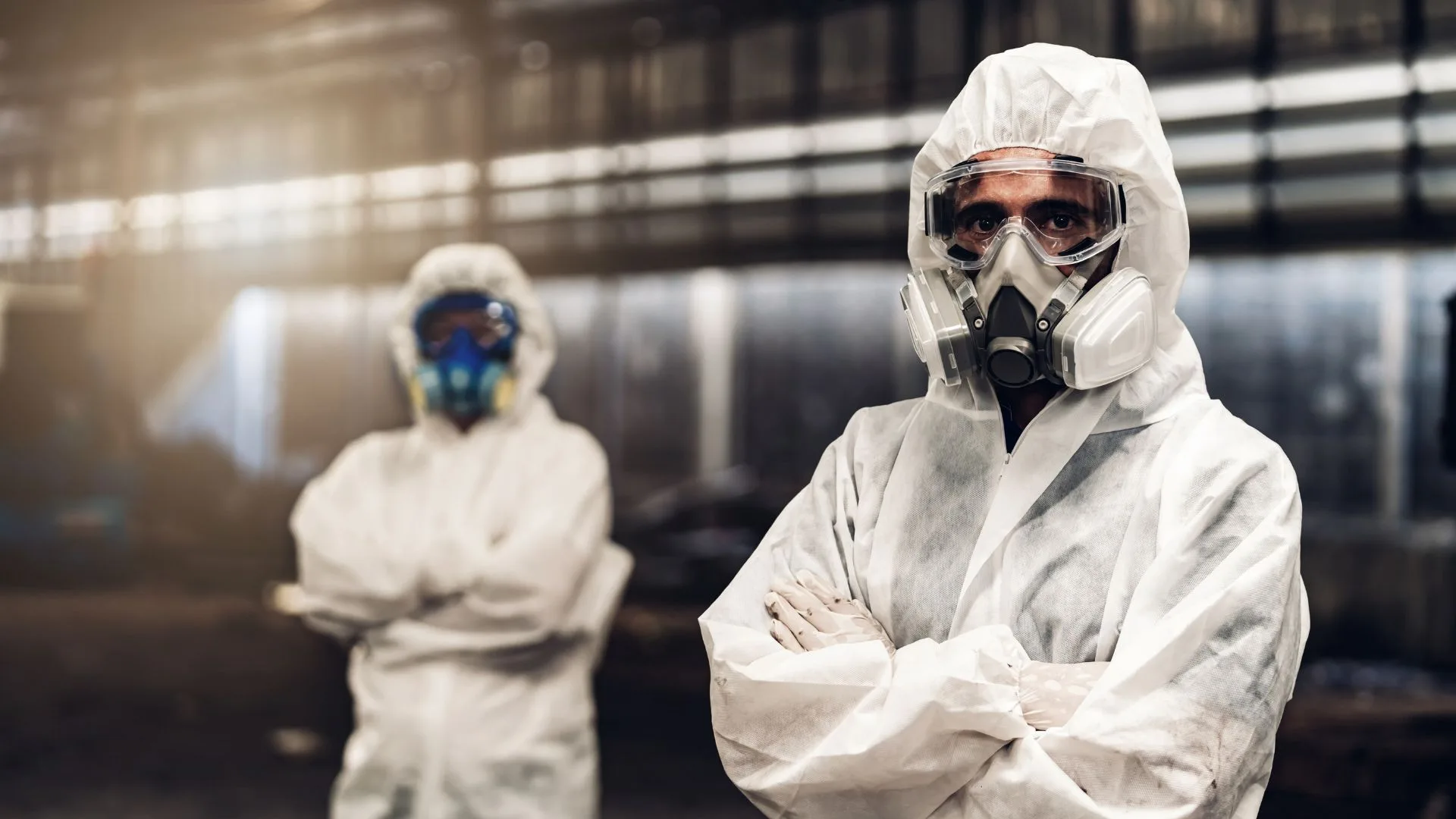
At NES, Inc., we pride ourselves on providing top-notch hazardous waste management solutions, training, and certifications. Hazardous waste poses a significant risk to public health and the environment, requiring specialized handling and disposal methods. In this article, we will delve into the four main types of hazardous waste to enhance your understanding and promote safe waste management practices.
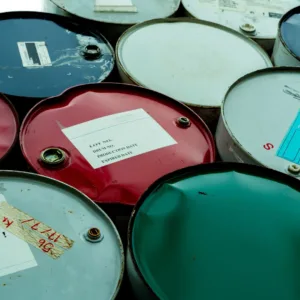
Listed Wastes
Listed wastes are specific hazardous substances identified by regulatory bodies such as the EPA. These substances are listed on particular lists, such as F-list (wastes from common manufacturing processes), K-list (wastes from specific industries), and P-list and U-list (discarded commercial chemical products). Proper identification and categorization of listed wastes are crucial for compliance with hazardous waste regulations.
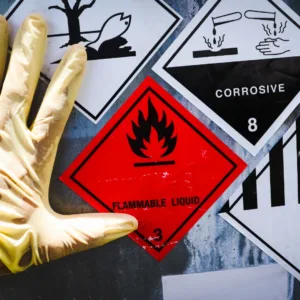
Characteristic Wastes
Characteristic wastes exhibit one or more hazardous traits, including ignitability, corrosivity, reactivity, and toxicity. Ignitable wastes can catch fire easily, while corrosive wastes can erode materials. Reactive wastes are unstable and can react violently, posing a danger during handling. Toxic wastes contain harmful substances that can be dangerous to human health and the environment. Proper testing and classification are essential to manage characteristic wastes effectively.
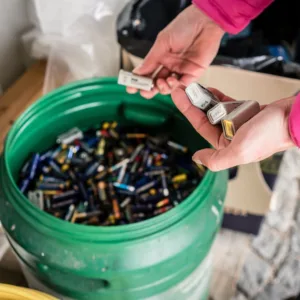
Universal Wastes
Universal wastes are common types of hazardous wastes generated by households and businesses, such as batteries, pesticides, and certain types of light bulbs. To streamline recycling and disposal processes, universal wastes are subject to less stringent regulations compared to other hazardous wastes. However, proper handling and recycling practices are still crucial to prevent environmental contamination.
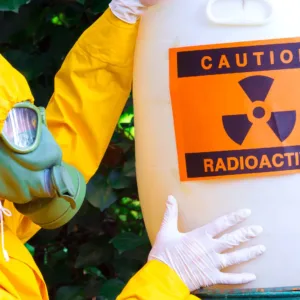
Mixed Wastes
Mixed wastes contain both hazardous and radioactive components, making them particularly challenging to manage. These wastes often result from industrial processes involving radioactive materials alongside hazardous chemicals. Due to the complex nature of mixed wastes, specialized training and certification are necessary to ensure safe handling, storage, and disposal.
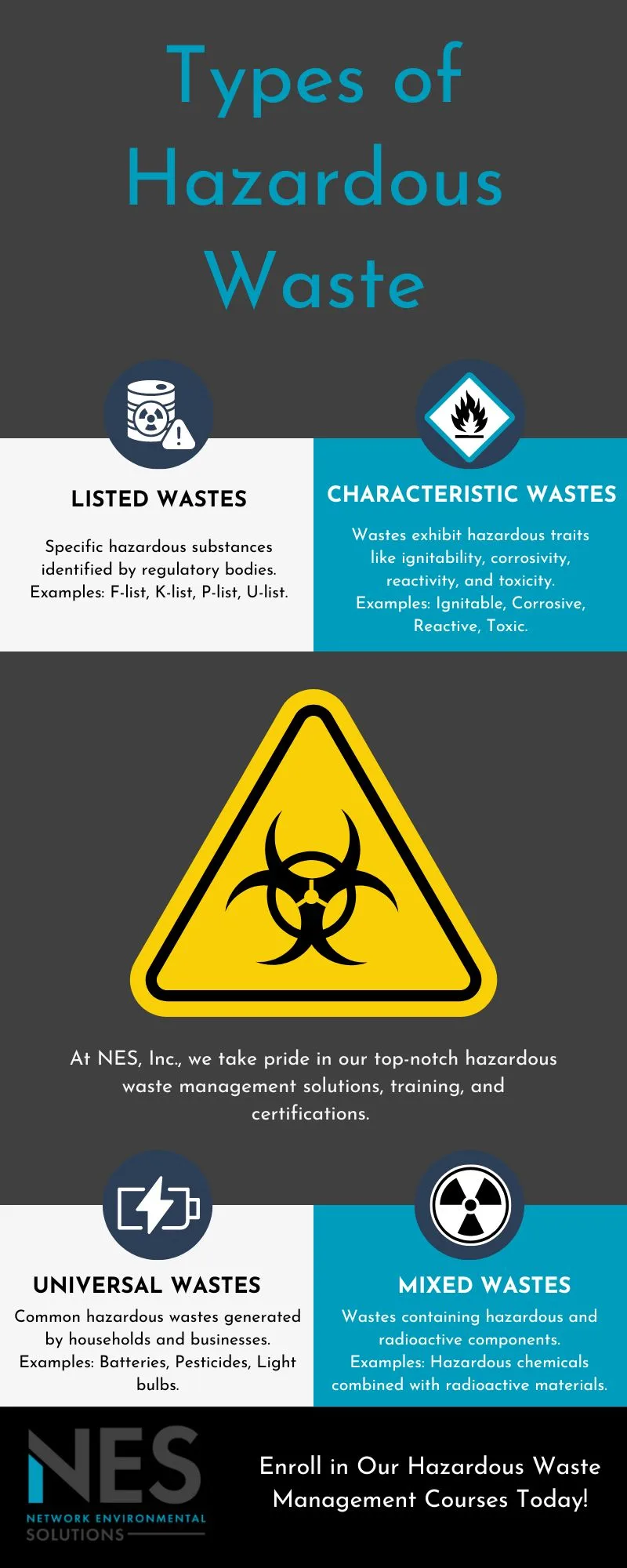
At NES, Inc., our hazardous waste management training and certification programs are designed to equip professionals with the knowledge and skills needed to handle these wastes safely and compliantly. Contact us today to learn how we can support your hazardous waste management needs.
